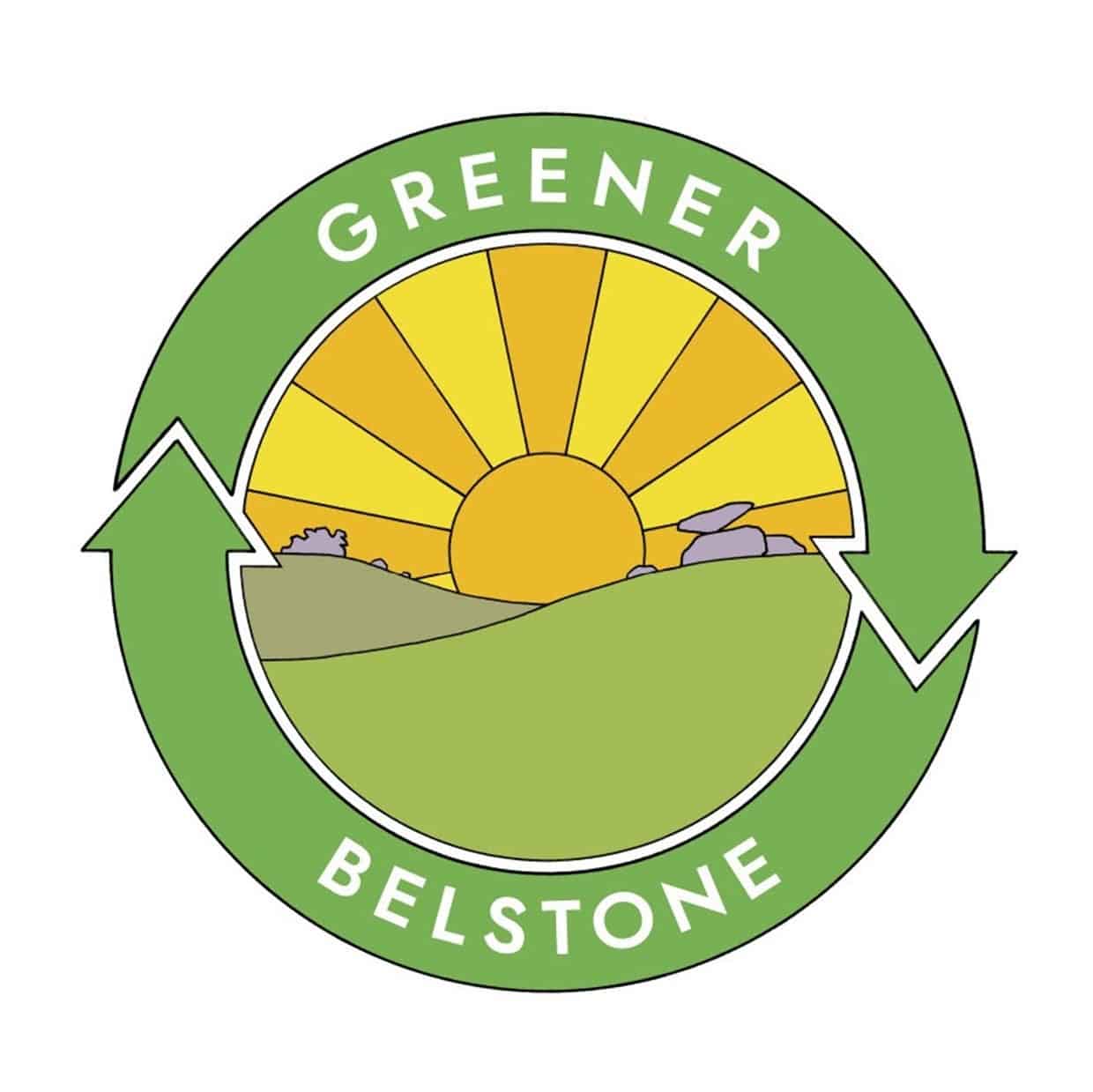
Greener Belstone would like to share this report from a visit that Theresa Weaver made to the Plymouth Incinerator where our waste goes.
Visit to MVV Devonport EfW (energy for waste) Incinerator, Plymouth. 13th March 2024
All non-recyclable household waste plus commercial waste from West Devon, Teignbridge, South Hams, Torbay and Plymouth is processed here. 120 drops a day from lorries in this area, 7 days a week. The plant is designed to treat up to 265,000 tonnes of waste per year.
Lorries tip waste into hoppers. It is then mixed in a massive hall by programmed machines (these are monitored from a Star Trek-like control room), then the waste is placed on a conveyor belt which takes it to the incinerator which blasts the waste at 1,000 degrees centigrade. 23% of the waste comes out as ash which goes to a company in Exeter, Rock Solid, where it’s processed. All metal and glass is removed and the end product is used for road re-surfacing.
The remaining waste creates steam which, after having the moisture extracted, is dried and pressurised as super pressurised steam. This is then used to drive the turbines. A small percentage of the waste remains hazardous and this is as yet not recycled (research ongoing).
The plant generates 25 megawatts of electricity (rolling amount). It provides electricity for 375,000 homes plus the dockyard and the plant. Surplus goes back to the national grid.
Air quality around the plant is constantly monitored (by the plant and by Environment Agency) and levels are far below permitted emission levels. In fact the local recorded emissions are lower than those produced by the nearby dual carriageway.
This was a useful and interesting visit which left me feeling positive about what happens to the household waste in our area. To find out more, please visit the website https://www.mvv.de/en/about-us/group-of-companies/mvv-umwelt/subsidiaries/mvv-environment-ltd/devonport-efw-chp-facility-plymouth
or arrange a visit to the plant itself – I highly recommend it!
The environmental and energy benefits are outlined on the website. Please see below a section highlighting the benefits of an EfW plant:
‘In environmental terms, non-recyclable waste is treated as a resource, with energy being recovered from it. Dependence on landfill is reduced and the release of methane (a harmful greenhouse gas) and leachate (a toxic liquid) from landfill is avoided. It provides a safe and well proven means of dealing with household waste that cannot be reused, recycled or composted. This waste is called residual waste. The use of EfW will reduce the amount of rubbish sent to landfill to help the environment, meet Government targets and avoid landfill tax.
Economically, EfW utilises a resource that would otherwise be buried, to produce energy in the form of electricity and/or heat. Generating both at the same time to be used in a process called CHP (combined heat and power) is the most efficient way of using residual waste. In terms of energy content, one tonne of waste equals roughly one-third of a tonne of coal. It is estimated that up to 4 per cent of the UK’s electricity needs could be met by EfW, reducing the need for fossil fuels and the more harmful emission of greenhouse gases from landfill.’
Theresa Weaver
